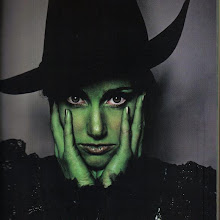... Spinoza's theory of the human agent certainly lends itself to the view that we are largely governed by 'unconscious' forces. As I have suggested, there is, for Spinoza, no 'self', no 'first person' who takes charge, so to speak, of the causality of my actions. Moreover, the cognition which is presented to me in so confused a form by my passions is a cognition of the body: for Spinoza, therefore, it can be emended only by a better cognition - an 'adequate idea' - of the natural processes which that body displays. Nevertheless, one could see in these ideas, not the strength of Spinoza's theory of emotion, but its weakness - in particular, its inability to account for the two most important features of our emotional life: the status of the self as subject of emotion, and of the world (the other) as object. Emotions are directed outwards: they focus, or 'intend', an object, and directs our energies towards that object. Spinoza's theory recognises this fact (the fact of 'intentionality') but radically misdescribes it. For Spinoza the 'directedness' of an emotion - as we experience it - is not better than an illusion, a confused representation of processes which exist, not in the surrounding world, but in the body of the subject. I understand my love for you, therefore, not by understanding you, who are its object, nor by understanding myself, who am its subject, but by understanding this strange interloper, my body, in which love grows inscrutably like a cancer, erupting into consciousness in ways which inform me only dimly of the processes by which my mind is enslaved. ...
- Excerpt from Roger Scruton's Spinoza


Ingen kommentarer:
Send en kommentar